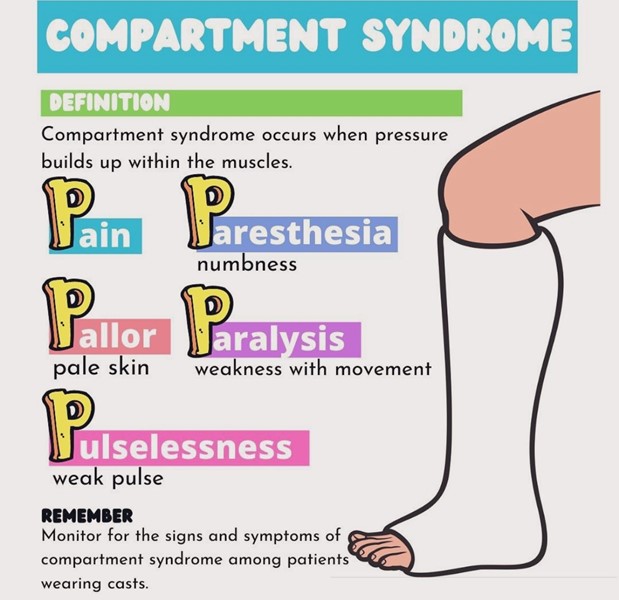Jo is admitted to the hospital with Gastroenteritis. Labs show a potassium (K+ level of 2.8 meQ/dL and sodium (Nat level of 135 meq/dL. The nurse knows that the electrolyte imbalance may be caused by ...
The fever caused by Gastroenteritis.
A side effect of the antibiotics used to treat Gastroenteritis.
Administration of IV Furosemide to treat Gastroenteritis.
The nausea and vomiting associated with gastroenteritis.
The Correct Answer is D
Nausea and vomiting can lead to excessive loss of fluids and electrolytes, including potassium, from the body. Gastroenteritis is an inflammation of the gastrointestinal tract typically caused by viral or bacterial infections. It is commonly characterized by symptoms such as diarrhea, vomiting, abdominal pain, and fever. Antibiotics are not typically used to treat viral gastroenteritis and would not directly cause the electrolyte imbalance. Administration of IV Furosemide, a diuretic, would increase urine output but is not typically used to treat gastroenteritis. The fever itself may contribute to fluid loss but would not directly cause the electrolyte imbalance.
Nursing Test Bank
Naxlex Comprehensive Predictor Exams
Related Questions
Correct Answer is D
Explanation
Compartment syndrome is a condition characterized by increased pressure within a muscle compartment, leading to impaired blood flow and potential tissue damage. It can occur when swelling or bleeding within a confined space, such as a cast, causes increased pressure on the surrounding tissues.
Tingling in the toes and decreased sensation can be indicative of nerve compression or damage due to increased pressure in the compartment. It is important to recognize these neurological changes as potential signs of compartment syndrome.
Signs and symptoms of compartment syndrome may include:
- Severe pain that is out of proportion to the injury or not relieved by pain medication.
- Swelling and tightness in the affected area.
- Numbness or tingling.
- Pale or cool skin over the affected area.
- Weakness or decreased sensation in the affected limb.
- In severe cases, paralysis or loss of pulse in the affected area.

Correct Answer is B
Explanation
The given observations suggest the occurrence of malignant hyperthermia (MH), a potentially life-threatening reaction to certain medications used during anesthesia. MH is characterized by an increase in heart rate (tachycardia), elevated body temperature (hyperthermia), and muscle rigidity. The primary treatment for MH is the administration of dantrolene, which is a skeletal muscle relaxant that helps to counteract the effects of the reaction.
Naloxone (Narcan) is an opioid receptor antagonist used to reverse the effects of opioid overdose or excessive opioid sedation.
Furosemide (Lasix) is a diuretic used to treat conditions such as edema and high blood pressure.
Flumazenil (Romazicon) is a benzodiazepine receptor antagonist used to reverse the effects of benzodiazepine overdose or excessive sedation.
Whether you are a student looking to ace your exams or a practicing nurse seeking to enhance your expertise , our nursing education contents will empower you with the confidence and competence to make a difference in the lives of patients and become a respected leader in the healthcare field.
Visit Naxlex, invest in your future and unlock endless possibilities with our unparalleled nursing education contents today
Report Wrong Answer on the Current Question
Do you disagree with the answer? If yes, what is your expected answer? Explain.
Kindly be descriptive with the issue you are facing.
